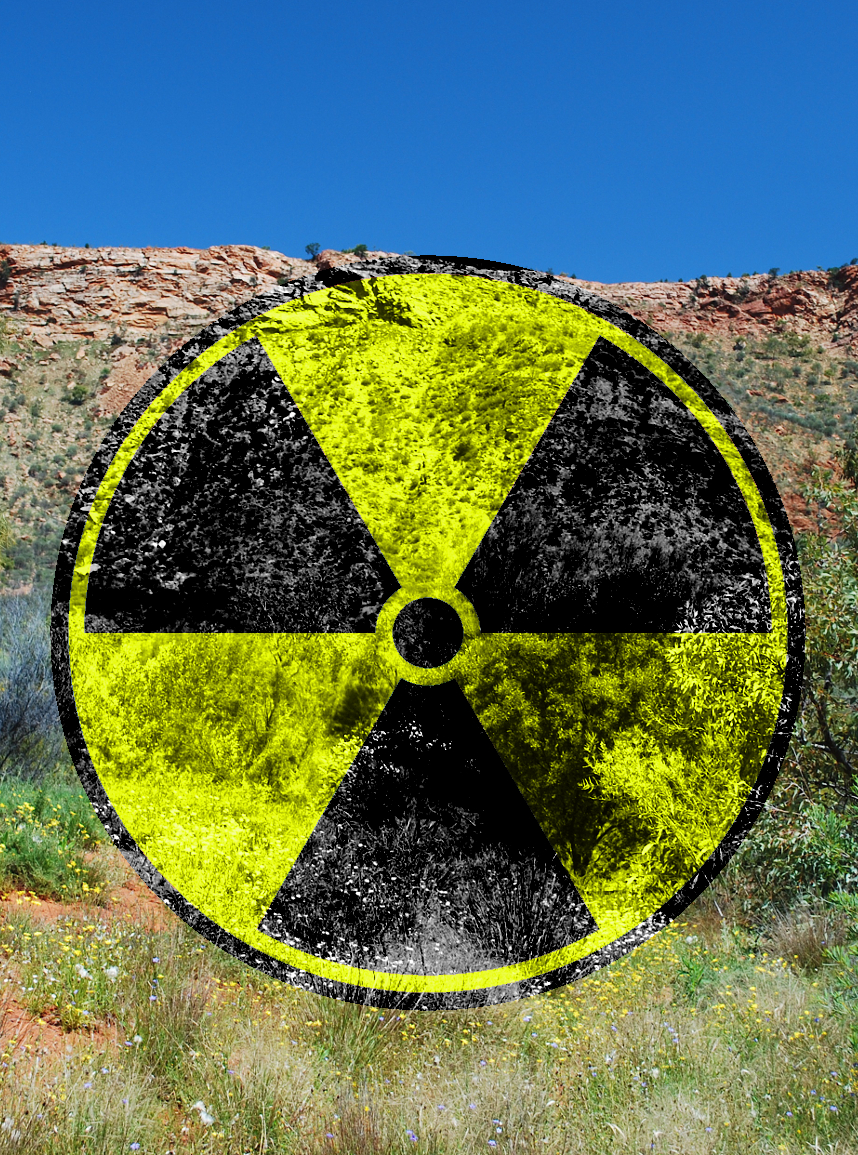Nuclear hearings told of renewable boost
 The royal commission into nuclear fuel cycles has opened in Adelaide, and its first witness has warned that Australia needs to catch up with other countries in combating greenhouse gas.
The royal commission into nuclear fuel cycles has opened in Adelaide, and its first witness has warned that Australia needs to catch up with other countries in combating greenhouse gas.
University of Melbourne Professor Ross Garnaut told the commission the release of carbon dioxide and other carbon compounds driven by human activity is changing the world's climate, and Australia must respond.
But he argued that solar, wind, wave, hydro and other renewable energy technologies – not nuclear power - were the best chance for low-cost electricity while curbing carbon emissions in Australia.
He said these technologies could revive Australia’s manufacturing sector.
Professor Garnaut – author of national climate change reviews in 2008 and 2011 - said nuclear energy would play a substantial role in other parts of the world.
He said it was a rough time for the controversial power source after the 2011 Fukushima nuclear accident. Countries including Japan and Germany are now retreating from nuclear power, while China and India are looking to expand.
He argued that developing countries did not have the same opportunities as Australia to take on renewable energy to fill big deficits in electricity.
Professor Garnaut also said that Australia’s primary role in the nuclear game would be to supply uranium oxide to developing countries.
“In the low-carbon economy of the future, I expect that because of Australia’s exceptionally high quality of renewable resources, that energy will again become a low-cost input into Australian industry,” he said.
“We will again become, as we once were, an efficient processor of energy-intensive raw materials.
“These will logically include enrichment of uranium for the industries of China and India.
“It’s much less certain that if free markets were determining outcomes, that nuclear power in Australia would be economic.”
He said it depended upon technological change in the future, but renewable energy appears likely to remain the best pick.
Professor Garnaut said international transport costs of enriched uranium - a critical component of nuclear power generation – were quite low, so a domestic reactor was unlikely to be viable.
He used gas as an example, as it was once a low-cost fuel but it became more expensive for Australian generators due to international demand increasing while transport costs stayed low.
“Australia does have a significant role in the global effort on climate change through the supply of uranium oxide and, I would expect in the low carbon economy of the future, of enriched uranium,” Professor Garnaut said.
The public sessions will inform nuclear royal commissioner Kevin Scarce’s final report, due in May next year.







 Print
Print